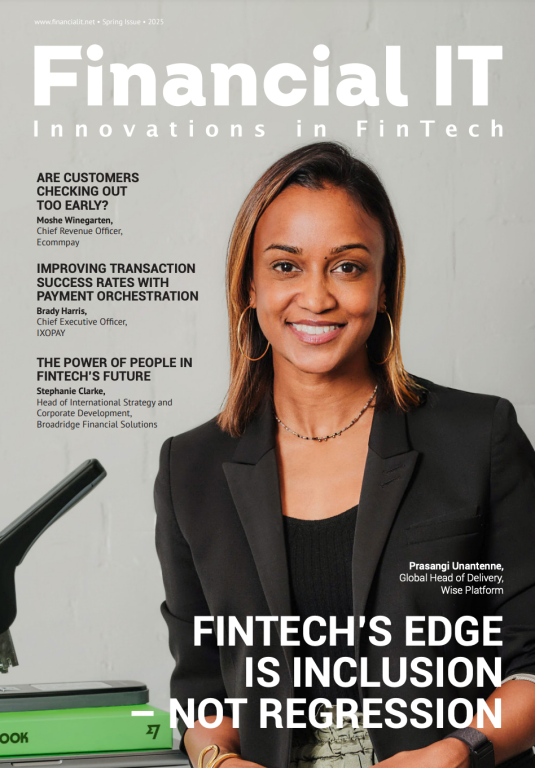Fintech Fringe Launches New Marketplace To Boost...
- 21.05.2025 11:10 am
Collaboration Will Address the Ever-Increasing Global...
- 15.05.2025 08:00 am
IoT Security Foundation Launches Device Identities...
- 12.05.2025 10:05 am
Money20/20 Launches The Money Awards, the New Global...
- 04.04.2025 04:25 pm
Zilch Confirmed As UK’s Fastest-Growing Unicorn By The...
- 27.03.2025 03:45 pm
Cambodia Powers the Next Fintech Evolution: Fintech...
- 19.03.2025 05:07 pm
AI Angel Investor "No Cap" Makes History...
- 17.03.2025 09:25 am
PAY360 2025: Shaping the Future of Payments
- 10.03.2025 08:44 am
Master Risk & Compliance: Future-Proof Your...
- 07.03.2025 11:15 am
Fintech Week 2025 Concludes Successfully, Driving...
- 06.03.2025 04:35 pm
FinTech Wales Launches the Fourth FinTech Wales Foundry
- 05.03.2025 10:05 am
The 20th NextGen Payments & RegTech Forum Returns...
- 03.03.2025 04:25 pm






















